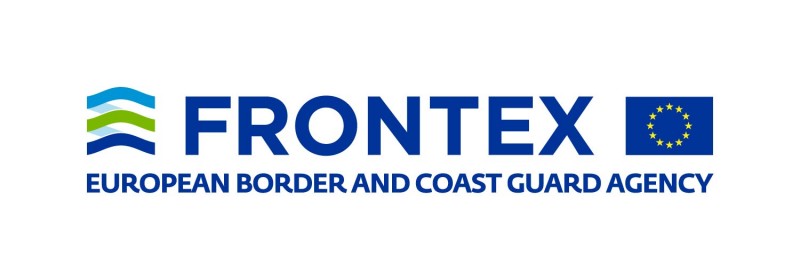- Home/
- News
EU commission calls Frontex its new 'Return Agency'
The EU's law enforcement agency Frontex will be taking a lead role on sending unwanted and rejected asylum seekers back home.
The plan is part of a larger European Commission strategy on voluntary returns presented on Tuesday (27 April).
"Frontex will become the European Union's returns agency," said European Commission vice-president Margaritis Schinas.
"There will be no European policy for migration and asylum without a significant returns procedure," added Schinas.
The agency is set to hire a new executive director to take charge of the return operations.
But it also comes amid reports, since disputed by an internal probe, that it has been complicit in illegal pushbacks in Greece.
The Warsaw-based agency has been helping with returns for years, drawing criticism for rights defenders in controversial cases.
Next month, it will launch a pilot project to help deport more people and reintegrate them.
The project intends to pave the way for a fully operational 'return' agency by the middle of next year, according to the strategy.
The same strategy aims to make returns voluntary, which the commission says is both cheaper, easier, and quicker.
Of the half million people issued a return decision in 2019, around one-third left the European Union. Of those, another third were voluntary.
A new EU return coordinator will also be created to help boost the figures of those going home.
But member states are unlikely to expend their diplomatic ties with a country in order to return failed asylum seekers on the behalf of another EU state.
The commission had also in the past floated the idea of creating a European travel document, a so-called laissez-passer, as an incentive to cooperate, in a proposal roundly rejected by African states.
Now it is using the threat of revoking visa-free travel from countries that refused to take back their nationals.
EU home affairs commissioner Ylva Johansson is currently renegotiating several readmission agreements, which have since been linked to a revised Visa code.
And in March, ministers of foreign and internal affairs discussed to what extent other countries accepted the return of their nationals from the EU.
The talks centred around an internal document from the European Commission, measuring the cooperation of 39 countries.
It has since been leaked by London-based civil liberties charity, Statewatch.
Afghanistan is the first entry of the 104-page document, a country ravaged by war.
It notes almost 30,000 had been issued return decisions in 2019, of which only 8 percent had left.
"More importantly Afghanistan accepts to readmit its nationals with an EU travel document," it states.
The commission has in the past also described its new pact on migration and asylum as a three-storied house.
Returns are housed on the second floor, it says.
In practise, it means shuffling people through a border screening process within five days.
Those not deemed worthy of asylum would be sent home.
The commission argues a special independent monitor would be present to make sure rights are followed.
But key EU lawmakers have already cast doubt on it.
Among them are German socialist Birgit Sippel and Dutch Green Tineke Strik.
Sippel is the lead MEP on the commission's screening regulation.
The bill includes the commission's new independent monitoring mechanism.
But Sippel described it as a "fig leaf". And Strik said EU states already opposed it.
"It may indeed even be the case that we will face a deadlock in the end," said Strik, in comments made in March.
Source: Link
RCC SWP aims to publish a diversity of perspectives and as such does not endorse the opinions expressed in the republished articles. The views expressed in this article represent the author/publisher alone.



 Development of specialized PCVE web site is funded by EU FUNDS CN 2017-386/831 - "IPA II 2016 Regional Action on P/CVE in the Western Balkans"
Development of specialized PCVE web site is funded by EU FUNDS CN 2017-386/831 - "IPA II 2016 Regional Action on P/CVE in the Western Balkans"